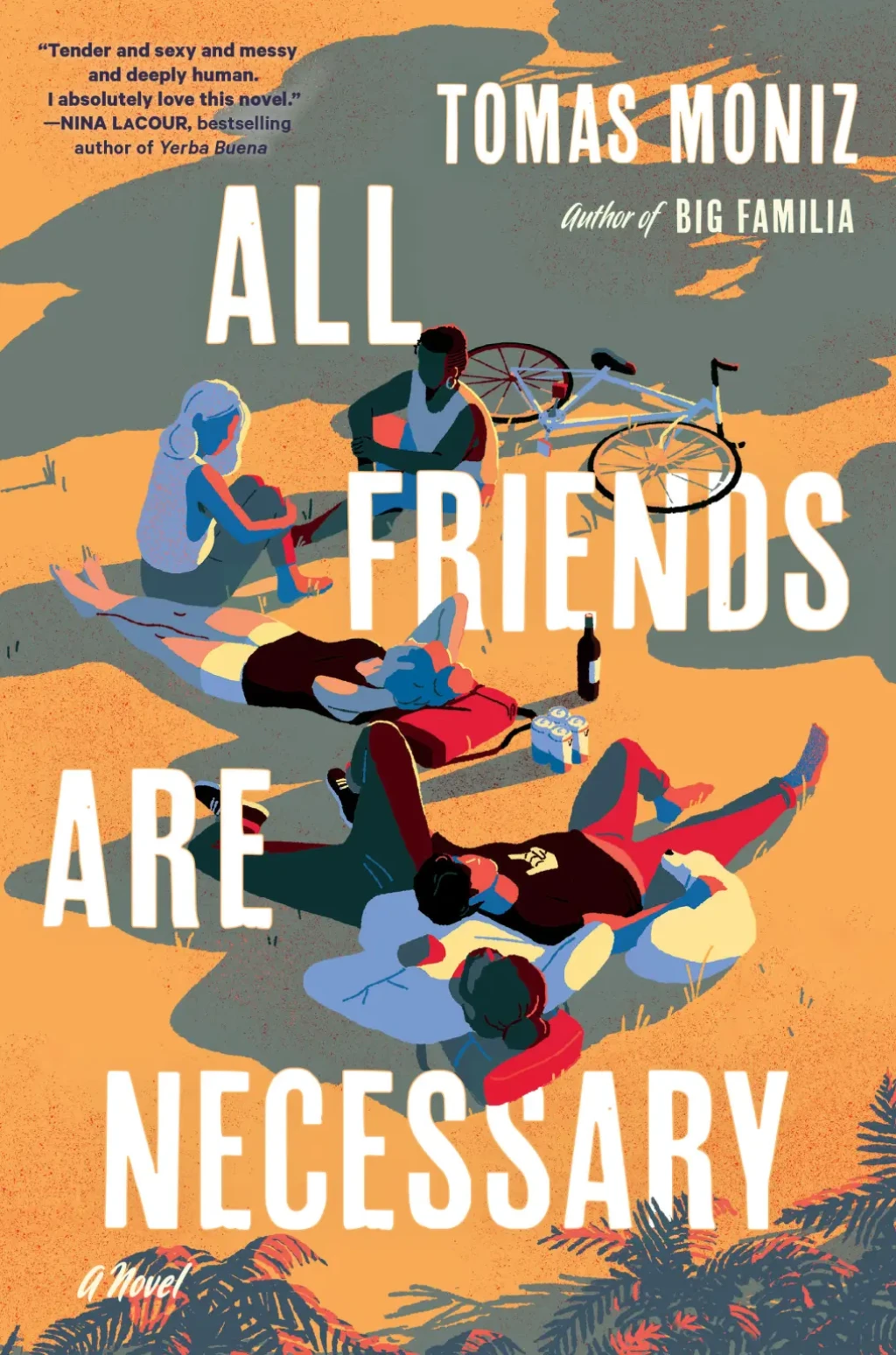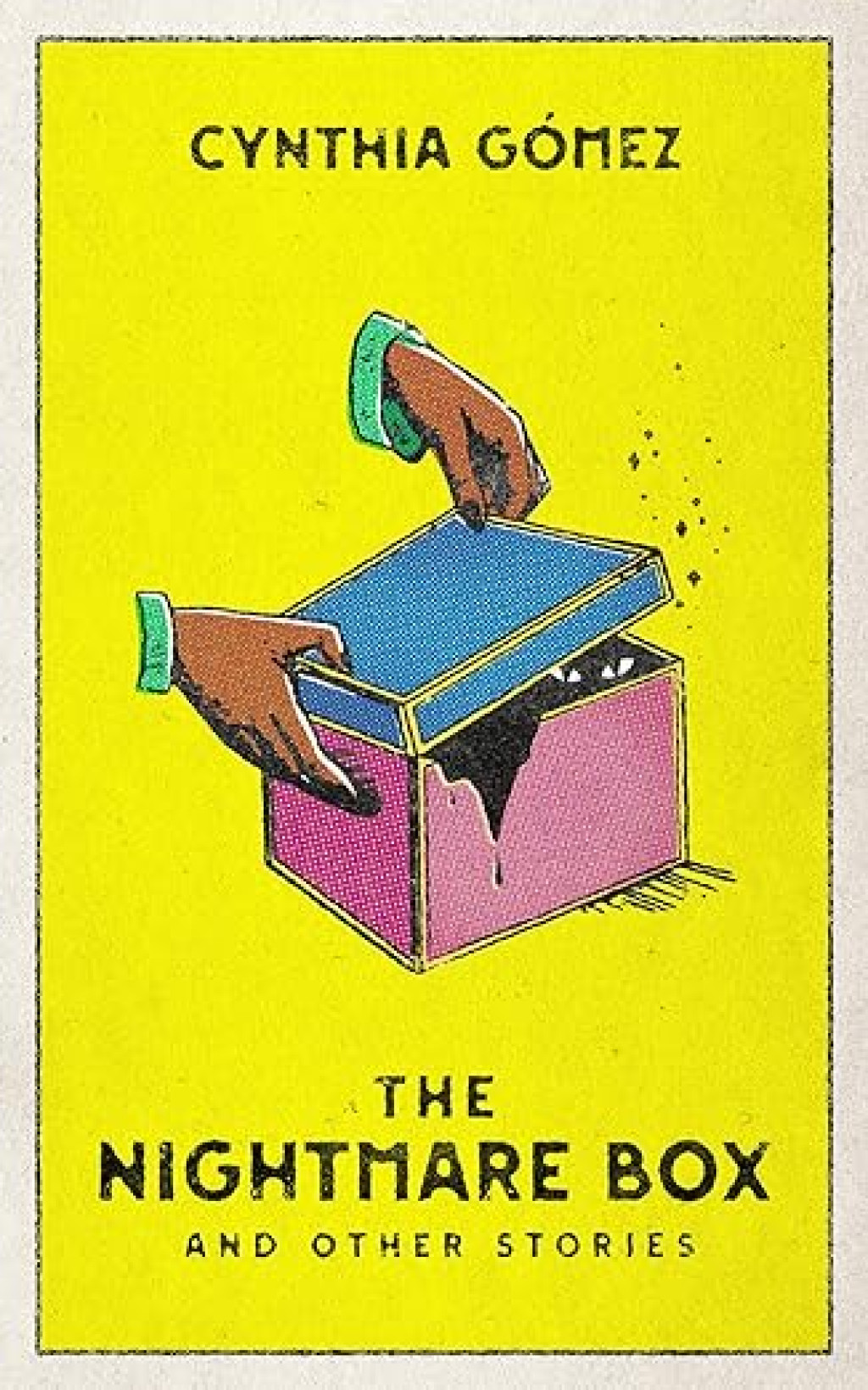On Tuesday, Sept. 24, 2024, the Berkeley Public Library Tarea Hall Pittman South Branch hosted a Latine author panel in honor of Latine Heritage Month. In the library’s small community event space, the four Latine writers — three fiction authors and one poet — discussed their writings, which ranged from a novel about vampires to poetry about nature.
“Thank you all for being here, and being on this panel. I’m really excited about this panel, especially around Hispanic month,” Tomas Moniz, the local Oakland author that organized this event, said,“There’s all these kind of formal, bureaucratic celebrations, so I really kind of wanted to open (it) up.”
Moniz’s newest book, “All Friends Are Necessary,” is about how a man, who recently experienced a devastating loss, slowly begins to open himself up again to a new life, with the help of his old and new relationships, both queer and platonic.
“In my novel … I certainly create characters who could do what I struggled to do — accept all of their people’s complexity and contradictions, revel in the fluidity of identity,” Moniz said.
Moniz talked about how his identity and the terms he uses to describe his identity have changed over time. “Back in the day, I viewed myself as Chicano. But then I grew, my politics grew, and my sense of self grew,” Moniz said. He says he now more often leans toward terms like Hispanic, Latinx, and Latino, using them interchangeably.
“Well, I actually feel like, to me, there is no one best term. It’s like, kind of how we define ourselves. We each kind of embody different things,” Moniz said.

“Latino is a very, very broad category,” said Cynthia Gómez, another Oakland-based author on the panel, “I think there’s no way to talk about what ‘realism’ is. The only reason why it exists is to talk about yet another way to not be white.”
Gómez says her short “speculative fiction” stories, which are most often set in Oakland, tend to lean towards horror. At the panel, she read part of her short story “Lips Like Sugar,” a lesbian vampire story rich with exposition and full of familiar mentions about things ranging from Azealia Banks to BART.
“I love horror so f------ much, because it’s just a chance to lift the veil of reality and play with it, and let reality and our imagination kind of blend in and out of each other,” Gómez said.
Gómez, however, says she didn’t always write horror. She used to think it was just entertainment, not “serious” literature, and not something worth working with. “But I decided to leave behind the idea that I was supposed to be that kind of writer, instead just write the kind of stuff that I love reading,” Gómez said.
“Yeah … I grew up kind of in slam poetry culture,” Vania Luna Gutierrez, the only poet of the panel, said. “ … there’s a lot of, I think, unspoken expectations around, like, what writers of color specifically are talking about and the ways in which we present things.”

Gutierrez explained that they felt like they weren’t encouraged to write about things like nature or the people they love, topics they feel white writers have been celebrated for talking about, but for her may have been considered a “trivial” thing by others.
“Then I think as I matured a little bit, I was like, ‘well, that’s what I care about, and that’s what I want to write about,’” Gutierrez said.
Mara Olivas, the other panelist who said her stories also lean more towards horror, echoed this sentiment — she just writes what she enjoys and hopes others will enjoy it too. Her debut novel “Sundown in San Ojuela,” set to be released on Tuesday, Nov. 19, 2024, is a “gothic spaghetti western” about Aztec vampires in California. Olivas says it talks about various issues within the Latino community, such as the “cyclical violence,” toxic machismo, and Catholicism that she believes has made many Mexican Americans culturally hostile towards the queer community.
“Because while we are, of course, marginalized here in the United States, due to being, like, people of color, we are also becoming aggressive towards each other,” Olivas said, citing colorism within the Latino community. “We were colonized, so we have a lot of those colonialist ideals still embedded within our current culture. And I guess the message … is that we need to decolonize ourselves and become more tolerant.”
Olivas hopes after reading her debut novel, people become more open minded, “I’m saying that towards my community, but I’m also trying to say that as a whole, that everyone should be looking at … the limitations and orders we put within our own minds, and how we have to become more tolerant, more accepting of other cultures, of other ways of beings, of other identities.”





